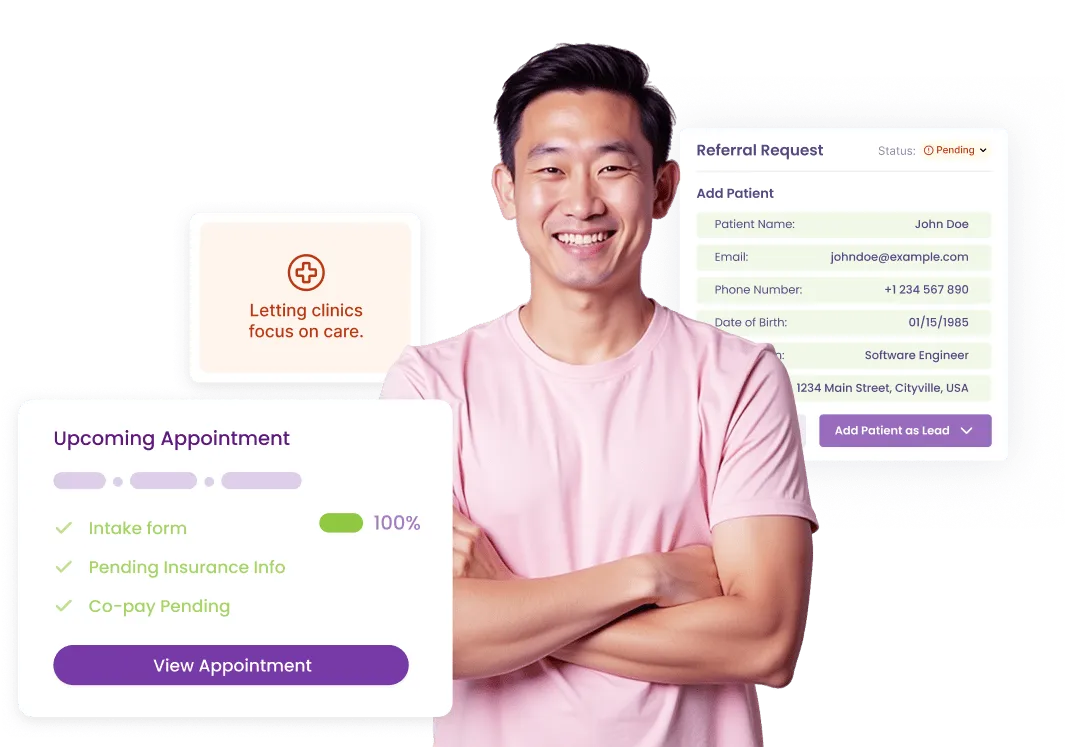0373T – Behavioral Health Service
CPT code 0373T represents a distinct mental or behavioral health service, including evaluation, therapy, or care coordination.
What is CPT
0373T
?
0373T is a CPT code specifically utilized for general behavioral health services. This code allows providers to bill for therapeutic interventions in various settings, including outpatient clinics and telehealth sessions, contingent on payer policies. It is essential for clinicians to understand the clinical purpose associated with 0373T, which involves not only the delivery of services but also the documentation required to substantiate claims. Clinical notes must reflect evidence-based practices, clearly outlining treatment goals, interventions employed, and measurable outcomes achieved during sessions. For billing purposes, especially when the code is time-based, practitioners should accurately document start and stop times to validate the duration of services rendered.

Documentation Tips
When billing for time-based psychotherapy using 0373T, it is crucial to document start and stop times to ensure accuracy in claim submissions. Additionally, providers should specify the therapeutic modality or assessment instrument used during the session. This includes detailing the clinical focus, the patient's response to interventions, and a comprehensive plan for follow-up care. For scored instruments, maintaining copies of completed assessment tools is essential for audit purposes. In telehealth scenarios, it is important to document patient consent and the platform utilized for the session. Adopting a consistent documentation format, such as the SOAP or DAP structure, will enhance audit readiness and ensure clarity in clinical communication.

At a Glance
- Service Type: Behavioral Health
- Use Case: General Service
- Typical Setting: Outpatient clinic or telehealth (subject to payer guidelines)
- Billing Unit: Per session / per instrument (varies depending on specific code usage)
- Common Pairings: 90791, 96127, psychotherapy codes
Billing Examples
Clinical interactions billed under CPT code 0373T should be directly tied to treatment planning and measurable goals. For instance, if a clinician conducts a session focused on anxiety management, documentation should reflect the specific interventions used, such as cognitive-behavioral techniques, and the patient's progress towards their treatment objectives. This not only supports the clinical necessity for the billed service but also aligns with payer expectations for thorough documentation. An example note could include: 'During the session, cognitive-behavioral strategies were employed to address the patient's anxiety symptoms. The patient demonstrated improved coping strategies, with a noted reduction in reported anxiety levels from 8/10 to 5/10. Plan for follow-up in two weeks to reassess and adjust treatment as necessary.'
Compliance Guidelines
- It is imperative to verify payer coverage and authorization requirements prior to billing for services rendered under code 0373T.
- Document medical necessity thoroughly, ensuring that all services billed are linked to appropriate ICD-10 diagnoses.
- Utilize correct modifiers, such as 95 for telehealth services, when applicable.
- Avoid upcoding; always select the code that accurately reflects the documented time and level of service provided.
- Conduct periodic audits of documentation and billing practices to minimize claim denials and enhance the quality of clinical records.
Common ICD-10 Codes
Helpful links for mental health billing and documentation
- F41.9
- F43.21
Additional Resources
Helpful links for mental health billing and documentation
Related CPT Codes
Helpful links for mental health billing and documentation
Got questions? We’ve got answers.
Need more help? Reach out to us.
Q1: What is this code used for?
A: CPT code 0373T is specifically used for billing clinical activities that align with its definition; it is crucial to ensure that all documentation supports the services billed.
Q2: Can it be billed via telehealth?
A: Yes, many payers cover telehealth services as long as they are synchronous and all necessary modifiers and consent documentation are properly recorded. It is essential to check individual payer policies for specific requirements.
Q3: What documentation will payers request?
A: Payers typically require documentation of the time spent, the therapeutic techniques or assessment instruments utilized, the patient's response to treatment, and a clear linkage to a covered ICD-10 diagnosis.
Q4: Can this be billed with other services?
A: Yes, when billing for multiple services, it is important to document distinct times and the rationale for each service; utilizing add-on codes or adhering to E/M separation rules may be necessary.
Q5: What are common reasons for claim denials?
A: Common denial reasons include missing documentation of time, insufficient evidence of medical necessity, incorrect use of modifiers, or billing that exceeds frequency limits established by payers.

